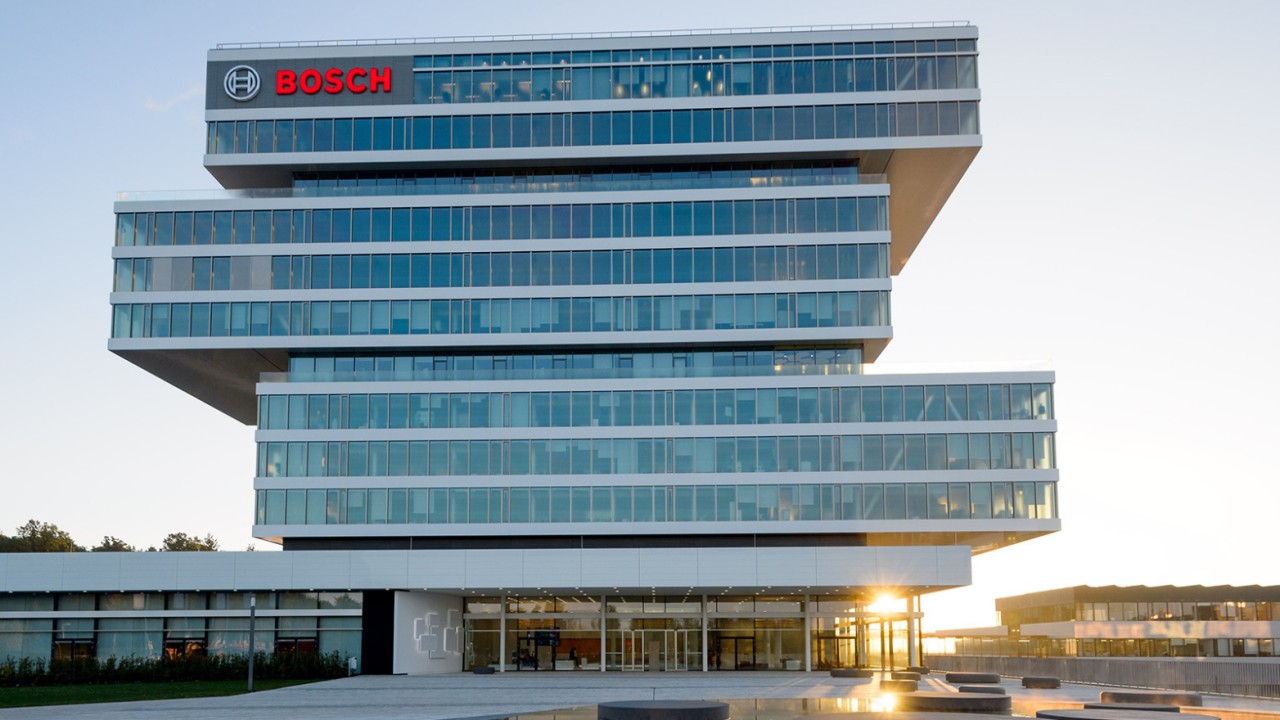Bosch Mobility is facing increasingly difficult market conditions, including a sluggish global vehicle market, lack of regulatory support for hydrogen, delays in electromobility and automated driving, and high price competition. Demand is also shifting outside Europe, creating overcapacity in administration, sales, development, and production. To remain competitive and close an annual cost gap of €2.5 billion, Bosch plans extensive cost-reduction measures, including productivity gains through AI, lower material and equipment costs, and more efficient logistics. However, structural and personnel adjustments are unavoidable, with around 13,000 jobs to be cut globally by 2030, particularly in Germany.
Key sites will be heavily affected: 3,500 jobs in Feuerbach, 1,750 in Schwieberdingen, 560 in Waiblingen (with connector production phased out by 2028), 1,550 in Bühl/Bühlertal, and 1,250 in Homburg. Cuts will impact development, sales, administration, and manufacturing functions, driven by weak demand for diesel and delays in hydrogen and new technologies.
Bosch stresses it remains committed to Germany as an industrial hub but must streamline operations to secure competitiveness and orders. The company is working with employee representatives to agree on socially responsible solutions under tight timelines. Leadership emphasizes that decisive action is critical to ensuring Bosch Mobility’s long-term viability.

















Leave a comment